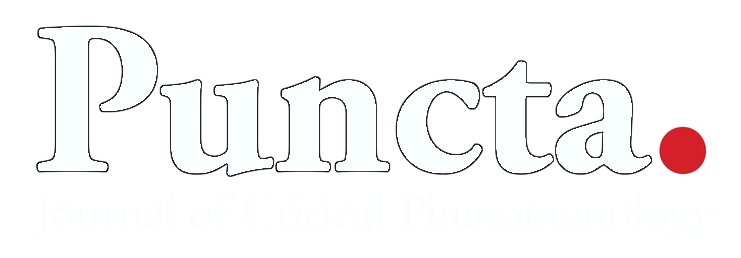On the Sources of Critique in Heidegger and Derrida
Abstract
According to Lisa Guenther’s concise account, critical phenomenology seeks to expose not only the transcendental conditions of seeing and making the world (such as subjectivity, embodiment, and temporality), but the “quasi-transcendental” ones we find in contingent historical and social structures, such as white supremacy, patriarchy, and heteronormativity (2020, 12). This excellent formulation raises the question of its central distinction: from what position would the critical phenomenologist be able to distinguish transcendental from quasi-transcendental conditions, or universal from contingent structures? This question recalls post-Heideggerian treatments of transcendental historicity (Crowell & Malpas 2007) and the possibilities of critical theorizing, e.g., the Habermas-Gadamer debate on lifeworld and critique (How 1995). These issues also remind us of earlier attempts to forge alliances between (post-)phenomenology and critical theory by scholars shuttling between Freiburg (or Paris) and Frankfurt. At times, these went under the label “critical ontology” and often sought to develop a coherent vision out of Western Marxism and phenomenology, with a special focus, it seems, on Adorno and Heidegger (Dallmayr 1991; Guzzoni 1990; Mörchen 1981; Macdonald & Ziarek 2008).
